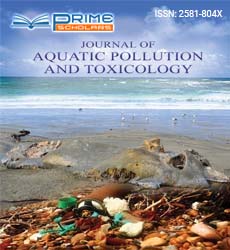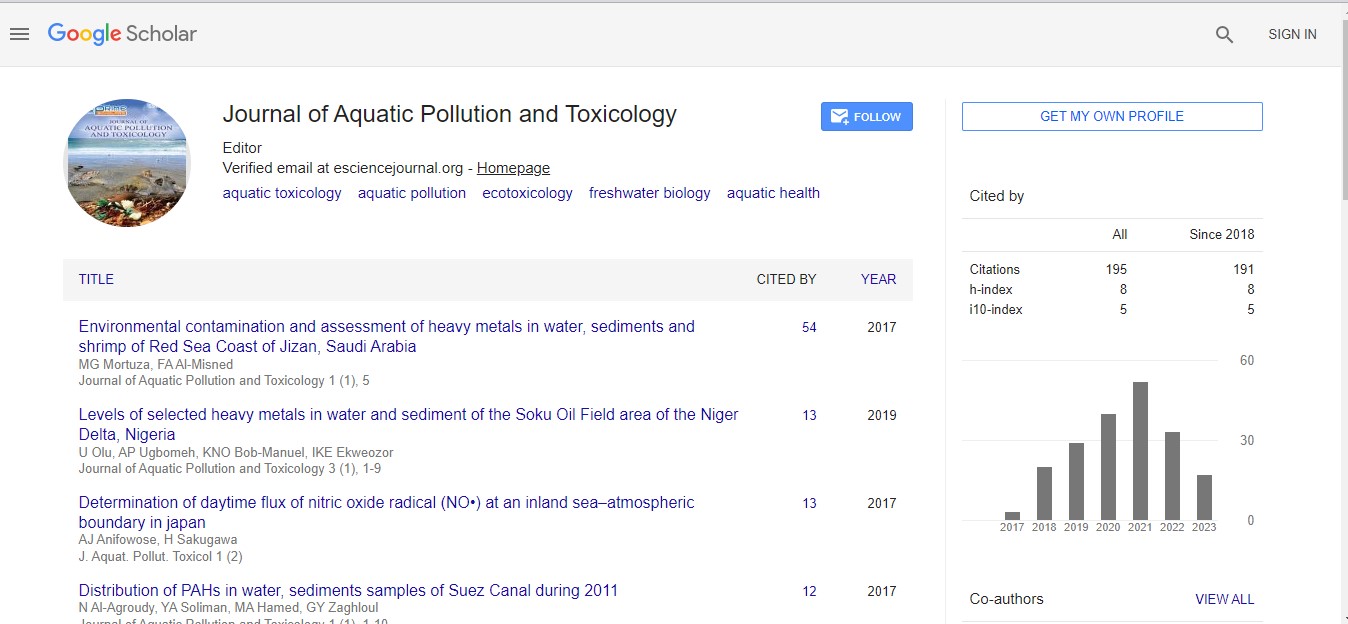Opinion - (2022) Volume 6, Issue 3
Negative Impact of Coffee Husk on local Water Systems
Berhanu Tolessa Amena*
Department of Environmental Sciences, Addis Ababa Science and Technology University, Ethiopia
*Correspondence:
Berhanu Tolessa Amena, Department of Environmental Sciences, Addis Ababa Science and Technology University,
Ethiopia,
Email:
Received: 02-May-2022, Manuscript No. IPJAPT-22-13578;
Editor assigned: 04-May-2022, Pre QC No. IPJAPT-22-13578(PQ);
Reviewed: 18-May-2022, QC No. IPJAPT-22-13578;
Revised: 23-May-2022, Manuscript No. IPJAPT-22-13578(R);
Published:
30-May-2022, DOI: 10.21767/2581-804X-6.3.44
Introduction
Ethiopia is the origination of Rho and one of the most significant
arabica reproducers on the planet. Ethiopian espresso handling
organizations produce huge measures of low husks every year. In
any case, they probably been abused, left to decay or consume
in the field, or inappropriately dropped into the environment
and close by streams. Low is a significant related produce for
the economies of espresso delivering nations all over the planet.
Ethiopia is presently the fifth biggest maker on the planet and
is a bourgeoisie. Low creation in Ethiopia increments everyday
thanks to popularity all over the planet show the low creation
and creation patterns of the Benobedere Zone and the Irvaball
Zone independently. Expanded low creation implies that tremendous
measures of low shells are delivered, and these enormous
low shells lead to contamination issues like contamination, medical
conditions and expanded corrosiveness of the land.
Description
Contingent upon the interaction innovation, low cycles create a
lot of horticultural waste and can represent roughly 30-50% of
the low creation load. Espresso straightforwardly or by implication
gets more than one-20th of the vocation of Ethiopians. The
principal challenge for the nation is unfortunate administration
frameworks for a lot of shellless waste from the low limit handling
industry. The most troublesome issue is the ill-advised removal
of this shell squander into the air. Such waste treatment
strategies are a significant issue for the networks living around espresso handling plants. Moreover, such strong removal methods
have made broad harm land and species. The base shell contains
natural matter for organic transformation into extra items.
Notwithstanding, until this point, the utilization and organization
of a lot of low skin all over the planet has been tested by caffeine,
tannins, sans chlorogen phenols and rosemary, which are
frightfully dangerous to prosperous lives. The majority of these
waste regions related with ecological contamination sources are
unloaded in open fields close to the interaction unit. Low garbage
removal causes some significant medical conditions like
breathing issues, impression of turn, eye aggravation, stomach
agony and queasiness. Indeed, even today, this low-shell land,
which has not been utilized for its accessibility and removal, is as
yet viewed as inconsiderate to the climate. Espresso wastewater
addresses the greatest measure of natural toxins in the climate
where serious low-level cycles are completed without the use of
result the executives frameworks.
Conclusion
In Ethiopia, public offer of city shells and strong waste is normal,
strong garbage removal is additionally one of the significant issues
for districts, and metropolitan shells are overseen in the
wake of handling. The espresso cups you get affect the climate.
The fundamental motivation behind this examination is to tackle
the issues of the auto business and natural contamination by
transforming espresso husks into fiber-added items. The issues
distinguished in this study are the harmless to the ecosystem
auto industry and the harmless to the ecosystem espresso shells.
Citation: Berhanu TA. (2022) Negative Impact of Coffee Husk on local Water Systems. J Aquat Pollut Toxicol. 6:44.
Copyright: © Berhanu TA. This is an open-access article distributed under the terms of the Creative Commons Attribution License, which permits unrestricted se, distribution, and reproduction in any medium, provided the original author and source are credited.

